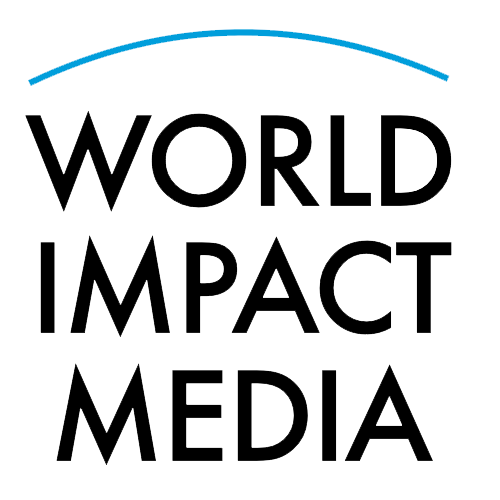Ethiopia’s Economic Reform: Balancing Opportunities and Inflation Risks
September 2, 2024
Ethiopia is making a pivotal shift in its economic policy by liberalizing its foreign exchange system. This bold move is designed to unlock over $10 billion in external financing, providing much-needed economic stabilization. However, this decision comes with significant risks, as experts caution that inflationary pressures may follow, potentially reshaping the nation's economic landscape.
The National Bank of Ethiopia (NBE) recently unveiled a comprehensive reform of the country’s foreign exchange regime, moving towards a market-driven exchange rate. This change aims to address long-standing economic distortions that have hindered growth. Under the new system, banks will have the freedom to negotiate foreign exchange rates with clients and amongst themselves, with the central bank stepping in only during severe market disruptions.
This liberalization represents a dramatic shift from Ethiopia’s previously controlled currency system. In the initial trading session after the announcement, the Ethiopian birr depreciated by about 30% against the US dollar, reflecting the market's immediate response to the new policy.
Ethiopia's transition to a market-based currency regime is part of broader negotiations with the International Monetary Fund (IMF) and World Bank. After defaulting on a $33 million Eurobond repayment, Ethiopia has been in talks to secure a $10.7 billion package to stabilize its economy and meet debt obligations. The shift to a market-driven exchange rate was a key condition set by the IMF, and although the Ethiopian government was initially hesitant, the need for external financial support has prompted this decisive policy shift.
While the liberalization of the foreign exchange regime is necessary for attracting investment, it also raises the risk of higher inflation. Hailemelekot Berhan, a capital markets analyst based in Addis Ababa, views the policy change as overdue but warns that the immediate devaluation of the birr could lead to increased prices for imported goods.
Berhan points out that the black market previously influenced much of the currency exchange, making goods already expensive. The official devaluation of the birr to possibly 100 or 115 against the dollar could exacerbate inflationary pressures. Although the government’s bolstered foreign reserves, supported by the IMF, may help contain inflation temporarily, the long-term outlook remains uncertain.
Take a Chance to Impact the World Today by Yourself
Berhan highlights the Ethiopian government's reluctance to implement such drastic measures, describing the currency devaluation as a "bitter pill." Nevertheless, he argues that liberalization is essential for Ethiopia's future economic growth, especially as the country opens up strategic industries like banking and telecommunications to foreign investment.
"Ethiopia’s political stability has improved, and the government is working hard to create a more attractive business environment," says Berhan. The combination of economic reforms and increased foreign direct investment could pave the way for sustained growth, although the immediate challenges are significant.
Ethiopia’s move towards a market-based exchange rate is part of a broader strategy to modernize its economy and attract international investors. This shift aligns with the government’s ongoing efforts to liberalize key sectors and enhance macroeconomic stability. However, investors must balance the opportunities against the potential risks of currency volatility and inflation.
